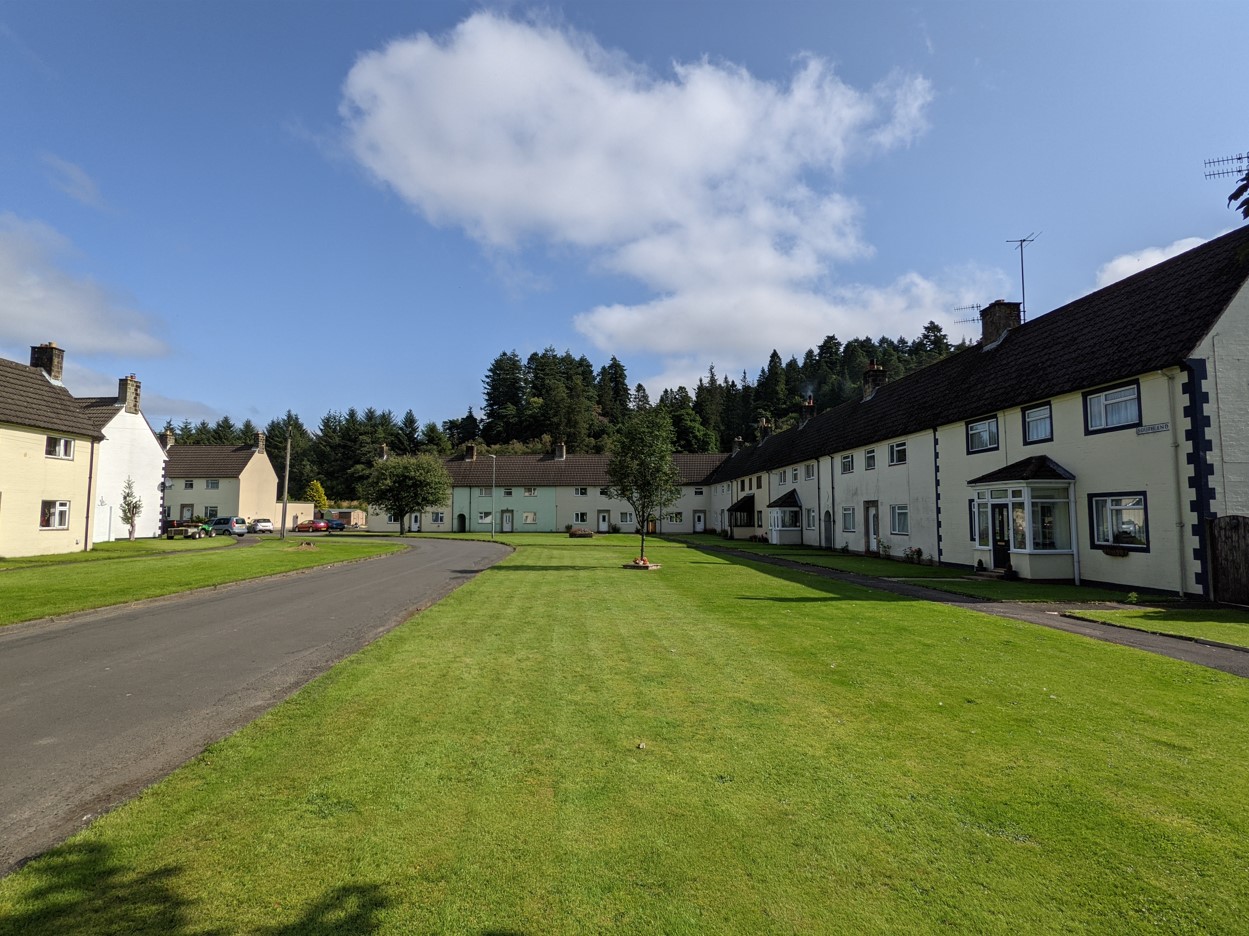The inquest into the death of Edward Pluck took place in the Brown Bear Public House in Deptford High Street on Monday 29th May 1893. Pluck had committed suicide after being sacked from his job as a bricklayer in the Royal Victoria Victualling Yard, supposedly because he had reached the age of 65. Subsequent to the inquest, questions were asked in Parliament, but the government, as governments do, absolved itself of all responsibility.
Edward Pluck was born on the Isle of Sheppy, Kent in early 1828, the son of bricklayer William Pluck and Sarah Ann Wilmott who had married in 1815. Edward followed his father into bricklaying and married a Welsh girl Sarah Pearce in late 1848. Edward and Sarah lived in Sheppey and had at least 10 children that Edward was always able to provide for.
In 1885 the family moved to Deptford when Edward got a job working for a contractor in the victualling yard. Edward and his colleagues were paid less than those working directly for the Admiralty and were not paid for public holidays. In early 1893 Edward was persuaded to sign a petition to the Admiralty seeking better pay and conditions. Edward and at least two other workers were subsequently sacked on the pretext of their age.
On the evening of Saturday 27th May Edward left his home at 48 Gosterwood Street telling his wife that he was going to see their daughter in Deptford High Street. Charles Ashby, a police pensioner, who shared the house in Gosterwood Street saw Edward near the Mansion House Public House (on the corner of Evelyn Street and Rolt Street) walking towards the High Street.
At 4.00am the following morning Police Constable Sidney Stanniforth was patrolling the Surrey Canal when he saw a body a few yards from Knacker's Bridge. He pulled the body from the water but it was cold and dead.
At the inquest Sarah identified her husband's body and their son Robert gave evidence that his father had been depressed since losing his job and had seemed rather strange before going out on the Saturday evening. Charles Ashby and PC Stanniforth gave their evidence and then the inquest heard from Edward's foreman at the yard.
George Alfred Harvey told the inquest that he had known Edward for 'some years' and had been his foreman for seven. He explained that he was employed in the Victualling Yard by Mr Holloway. He told of the petition that had been sent to the Admirality asking for more money and payment for public holidays. He then claimed that their was a clause in Holloway's contract with the Admiralty that precluded the employment of anyone over 65 years old. He went on to say that an assistant civil engineer had come round and inspected the men and considered the deceased and several others too old and they had been discharged. He (Harvey) would have liked to have kept Edward Pluck on for another two years, but he had no alternative.
The jurors were outraged one calling the sacking cruel, a second commenting "There is no chance for a man with gray hair." and a third sarcastically adding "We'll have to dye it."
Coroner Edward Carttar said "I cannot understand such a regulation being made. If there was to be such a rule, it should apply to the top as well as the bottom of the tree. It did not apply to Cabinet Ministers and Bishops, who were considered competent to continue their engagements until they were over eighty or ninety years of age, and received their salaries. Some men at fifty-five years of age were not so competent as others at seventy-five. In this case the contractor appears to have had no option in the matter under the terms of the contract."
The jury returned a verdict that the deceased committed suicide by drowning in the Grand Surrey Canal, at the time labouring under mental derangement through being turned out of his employment, as over sixty-five years of age, under the terms of a Government contract.
The inquest was reported in the local papers and there the matter might have rested if it had not come to the attention of Kier Hardie MP. Hardie had been elected the previous year and was already adept at using parliamentary procedures to highlight matters of social concern. On Tuesday 13th June he raised the matter in the House of Commons first asking an Admiralty minister about the sacking of men who had signed the petition and Pluck's subsequent suicide. The minister confirmed that three of the men had been sacked, but that he had "...no official information as to any other dealings of the contractor with his workmen, and the Admiralty has no power over them and no responsibility for them." Hardie then asked the Chancellor of the Exchequer what provision the Government intended for their workmen, like Pluck, who were dismissed on grounds of age. The Chancellor replied that Pluck was employed by a contractor, but that the Government knew of no such condition. Hardie then asked the Admiralty minister again, and by this time the minister had ascertained that there was no such clause in Holloway's contract with the Admiralty. Not content with having asked three questions on the matter Hardie then sought an adjournment debate on the issue, which after some procedural discussion , was declined.
As a result of Hardie's interventions the matter was subsequently reported in the national press.
Thursday, December 2, 2010
Subscribe to:
Posts (Atom)


















